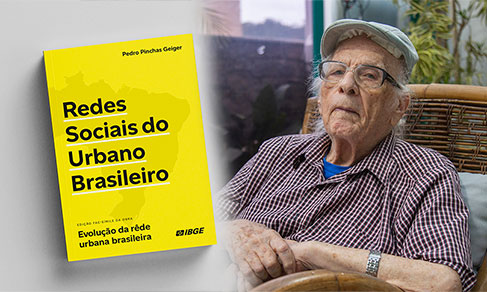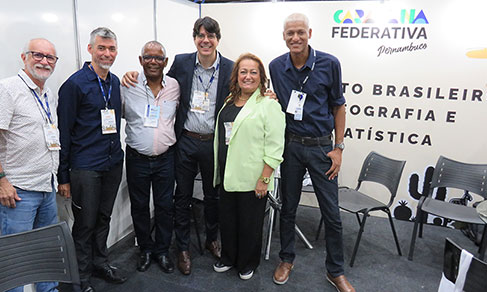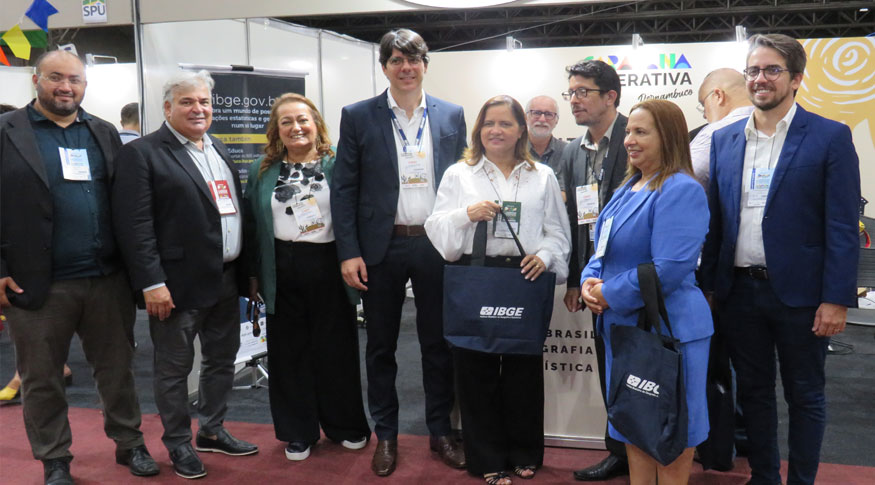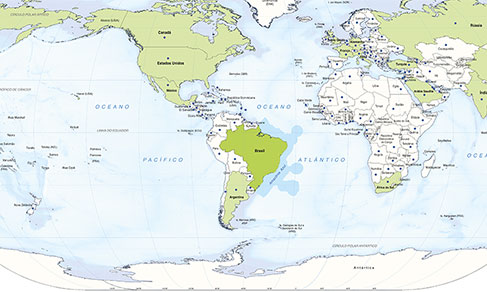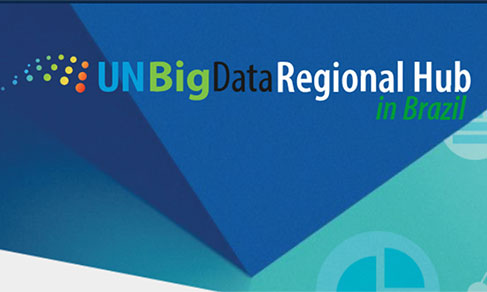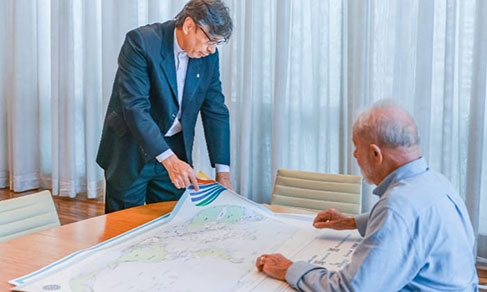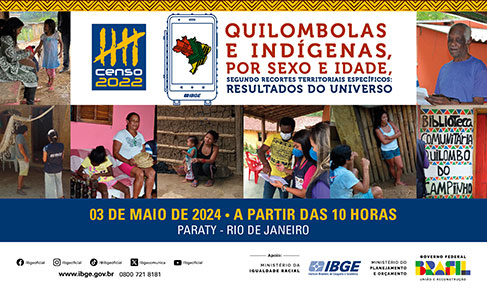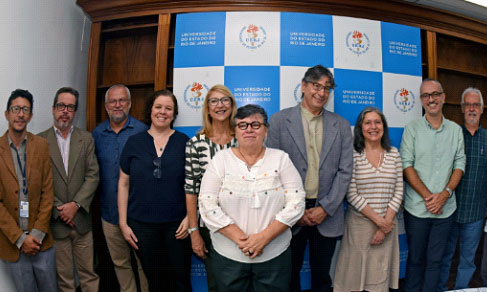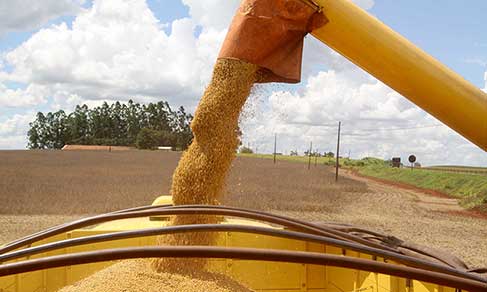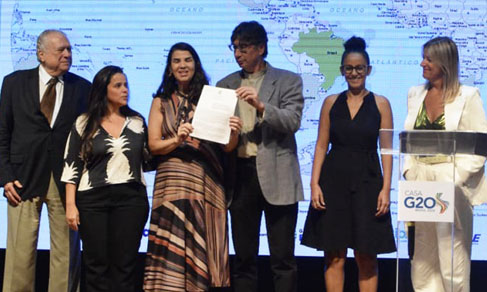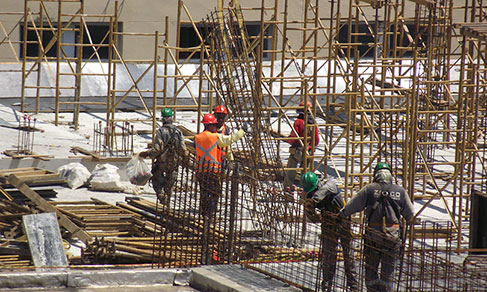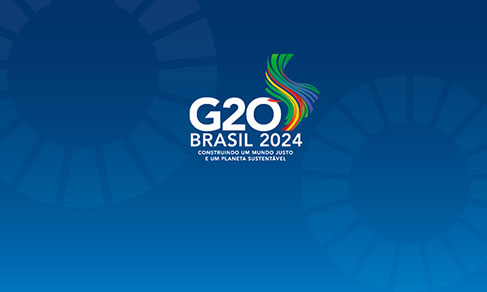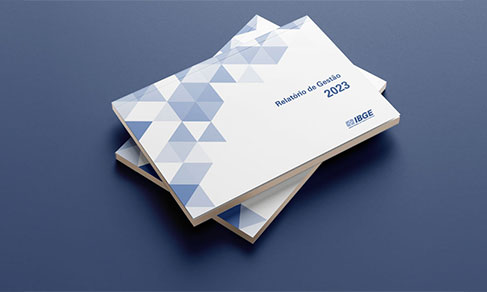Third Data Collection Report
Census registers 136 million people, more than 60% of population
November 01, 2022 10h00 AM | Last Updated: November 07, 2022 04h14 PM
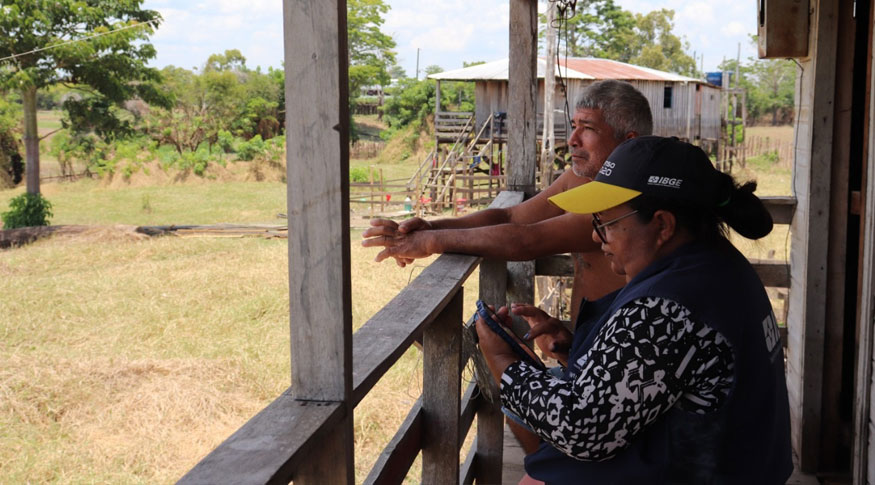
The IBGE is releasing today the third report of the 2022 Population Census. Since the beginning of the operation, on August 1st, until October 31st, 136,022,192 people were registered in 47,740,071 households in the country. Of these, 31.69% were in the Northeast, 38.45% in the Southeast, 13.99% in the South, 8.88% in the North and 6.99% in the Central-West. So far, 48.3% of the census population are men and 51.7%, women.
This total corresponds to 63.77% of the estimated population of the country. “We have extended the operation's length and, so far, the schedule has been maintained”, declared the technical manager of the Census, Luciano Duarte. On the 2022 Census hotsite, it is possible to follow the total population registered in the country on a daily basis and the evolution of the areas worked by Federation Units.
The state which is ahead, with the highest proportion of people registered in relation to the estimated population, is Piauí (86.08%), followed by Sergipe (83.19%) and Rio Grande do Norte (80.48%). Mato Grosso (42.72%), Amapá (51.47%) and Acre (54.07%) are behind.
Considering the 452,246 urban and rural census sectors in the country, 356,929 are being worked on (78.9% of the total). The most advanced state in terms of percentage of areas worked is Sergipe (95.21%), followed by Piauí (94.73%) and Rio Grande do Norte (94.36%). The states of Mato Grosso (53.18%), Roraima (66.10%) and Acre (66.47%) are the ones with the lowest percentage of worked areas.
In addition, 1,230,778 Indigenous people and 1,009,778 Quilombolas have already been registered.
IBGE may issue access order to Condominiums
About 2.33% of the households refused to respond, a percentage that is expected to be reduced by the end of the operation, after all the insistence protocols have been applied.
Some places are showing a high refusal rate, like São Paulo, for example, which is at 4.03%. According to Mr. Duarte, this has been observed mainly in condominiums.
“When the condominium manager expressly refuses to give access to the census taker, the IBGE will issue an access order to the condominium. If it is not complied with, the State Branch will call the police to guarantee access”, he informed. “We continue with the awareness-raising work, but this kind of action, if necessary, will be taken to ensure compliance with the law”.
Regarding the type of questionnaire, 88.4% of the households (42,595,922) took the basic questionnaire and 11.6% (5,560,298), the expanded one, a percentage consistent with the sample defined by the Institute. The median filling length has been 5 minutes for the basic questionnaire and 15 minutes for the extended questionnaire.
Most of the questionnaires (99.4%) were answered in person, with 124,241 households choosing to answer on the internet and 144,203 by telephone.
Provisional measure will expand the possibility of hiring
The Institute is facing difficulties related to the lack of personnel to work as enumerators in certain locations. Across the country, the IBGE has 90,552 active enumerators, 49.5% of the total positions available.
The state with the greatest deficit of enumerators is Mato Grosso, with 37.1% of the number of positions. Piauí already has 64% of the positions occupied.
According to Mr. Duarte, in addition to salary raise, already given, the IBGE filed a request for a provisional measure to make hiring more flexible. As a result, individual micro-entrepreneurs, retirees from the public service, public school teachers, former IBGE survey and mapping agents, etc., who were previously prohibited to work as enumerators, will now be eligible.
“These measures do not produce an immediate effect, they take a while to show on the collection network, but we are already advancing in hiring and training in some places”, he declared.
Enumerators will always wear the uniform: the IBGE vest, the Census cap, identification badge and DMC. In addition, it is possible to confirm the identity of the IBGE agent on the Respondendo ao IBGE website or by calling 0800 721 8181. Both are shown on the interviewer's badge, which also has a QR code that leads to the identification area on the website. To carry out the confirmation, the citizen must provide the name, registration number or CPF of the enumerator.


